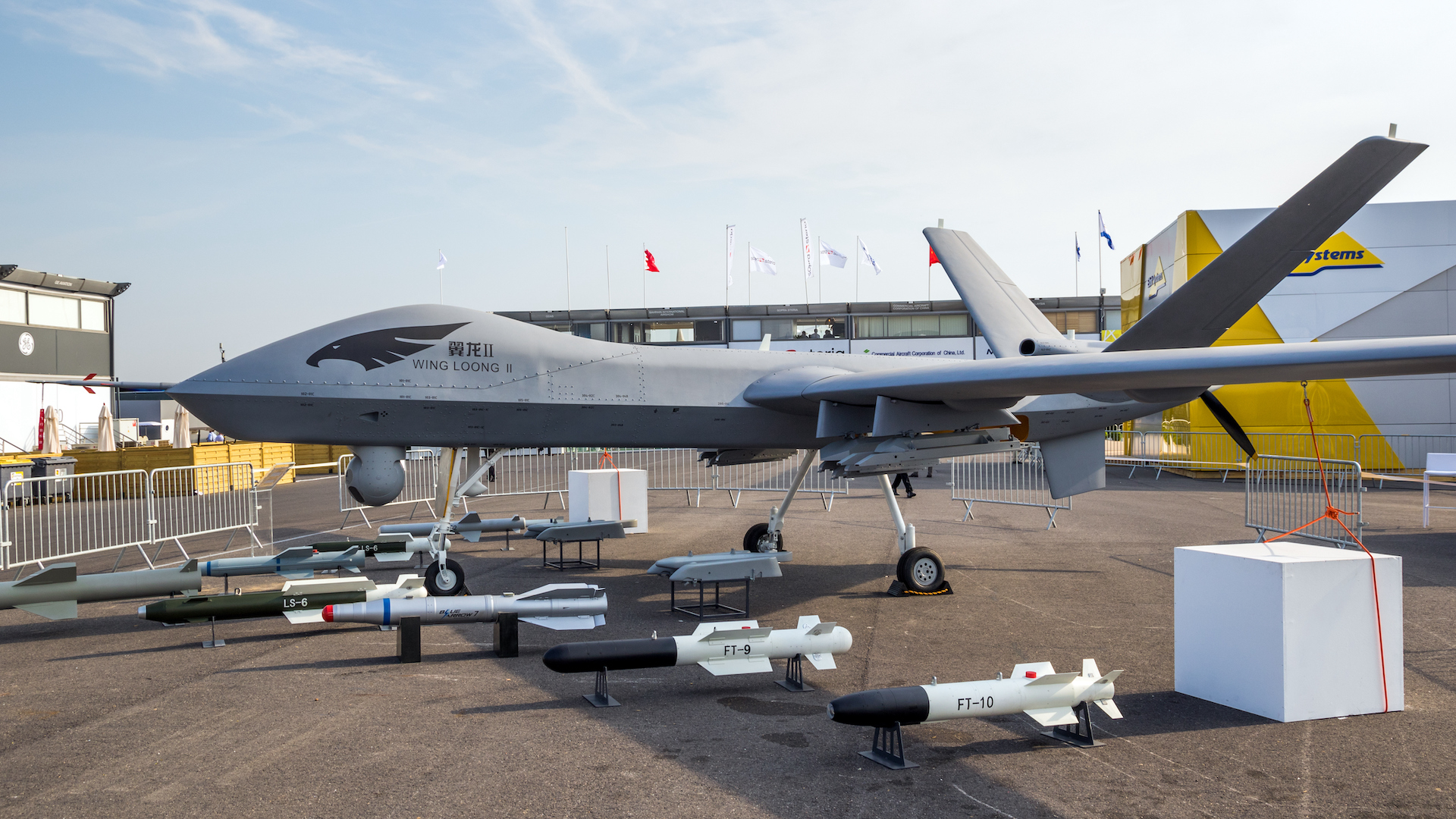IIVI
Superstar
Honestly, a pretty informative thread:
All that said, China’s tech advancements are crazy but I think a big problem for them is how fast they may be automating some of their population out of a job.
All great tech, but what are the implications?
We’re talking hundreds of millions of people in that country taking a hit to A.I and smart robots or iRobots. Economically that’s going to be something to deal with. In a non-nuclear, conventional war with invasions that does make a difference (unless their robots can shoot guns). You think that country isn’t going to replace their citizens with robots on the job on a large scale? Their government treats their people like any other on the planet.
Conventional war I think America gets a Pyrhicc victory because experience and citizens that’d provide more resistance.
This is both tangential and anecdotal, but I still think it is relevant to this discussion.
I have worked as a scientist in the US defense industry and in US universities. In many areas, China is ahead in terms of science. They produce high quality work at an exceptional rate. For example, the first observation of the Quantum Anomalous Hall Effect (QAHE) was in China, the theory was developed by a Chinese scientist. Then, the first observation of the QAHE in an intrinsic magnetic topological insulator was in China. I always worry that Chinese scientists will beat me to the next, newest result and they have in the past, twice. (In my experience, they do this by sacrificing any notion of work-life balance, mental health, or fair treatment of workers, but that's a different conversation.)
My feeling is that China is ahead of us in my field of quantum materials. There may be an exception for some groups in MIT, Berkeley, etc., but even then, it's so close. Especially considering that at top US universities the groups are often made up of Chinese nationals. I've worked in a US lab where I was the only one who wasn't a native Chinese speaker. Of course, these results are at least a decade from being integrated into defense systems, but if they are beating us to the first scientific result (TRL 1) then they have an advantage in beating us to the final implementation (TRL 9).
One shred of hope is that physical science today is very much an investment of diminishing returns, so it's the worst time for them to pull ahead. Even small results take hundreds of thousands of dollars of investment, after millions in start-up costs. Then those results may never be useful. Compare this to the earlier ages of technology when the transistor, computer, and networks were made. Yes, they also were investments, but those investments paid huge dividends and created a technology moat of high-value businesses and products that will be challenging to overcome. That said, I still think it's only a matter of time. They passed us in manufacturing, in batteries, in solar panels, etc. it's only a matter of time until the moat we inherited is completely gone.
Curious about your take from the US. I work at an institute in Germany, and similarly at my institution Chinese nationals are overrepresented - heavily so in data analysis and machine learning particularly.
(The informatics group leader I used to work for has save for a single postdoc transitioned his entire department to Chinese staff, and it's an open secret that this is because he can push them beyond the tolerance of westerners)
Thing is, I've been involved in Chinese social circles on and off for much of my life. Privately many of these staff are unhappy. They're not stupid. They know they're being exploited for their patience, that outside the lab many Europeans seem dismissive (or outright hostile), and that every election sees more of the vote go to closeted ethnonationalists. I've repeatedly heard people say that their opinion of the west has degraded since they've moved here, and the top reasons given for continuing to stick around are (1) to finish out contracts and (2) economic turbulence back home. That's pretty much it. Indeed one of the most popular conversations is which other countries we plan to apply in after finishing up here, and why.
Setting aside that 'the Chinese' include friends and family: based on my own very limited viewpoint, but having heard similar stories from around the world, I worry that we may be creating a situation where we ('the west') invest our computational expertise into cohort after cohort of Chinese nationals, while simultaneously hitting them with push factors to take their skills and return home. If the Chinese nationals at our institute returned home en masse it would literally core out our analytical department overnight. Unless our institute is a freak anomaly... well, it's a major vulnerability looking forward.
All that said, China’s tech advancements are crazy but I think a big problem for them is how fast they may be automating some of their population out of a job.
All great tech, but what are the implications?
We’re talking hundreds of millions of people in that country taking a hit to A.I and smart robots or iRobots. Economically that’s going to be something to deal with. In a non-nuclear, conventional war with invasions that does make a difference (unless their robots can shoot guns). You think that country isn’t going to replace their citizens with robots on the job on a large scale? Their government treats their people like any other on the planet.
Conventional war I think America gets a Pyrhicc victory because experience and citizens that’d provide more resistance.
Last edited:











